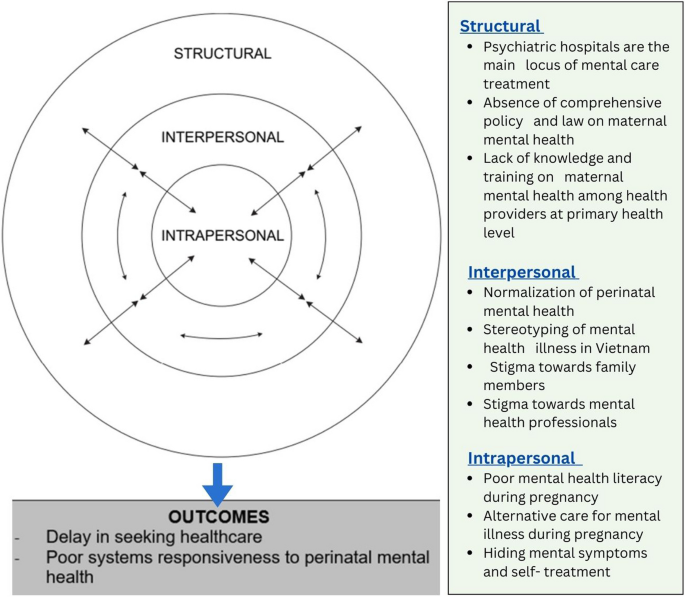T.N. PHCs Advised to Refer High-Risk Pregnancies to Advanced Health Facilities
The Primary Health Centre (PHC) teams in Chennai have been directed to refer high-risk pregnant women to higher health facilities in a timely manner. This should be done without waiting for the Estimated Date of Delivery (EDD) as per the latest instructions on ‘Birth Planning’ issued by the Directorate of Public Health and Preventive Medicine. The focus is to ensure safe delivery for these women. The PHCs, lacking in the necessary facilities to deal with unexpected complications during the antenatal, intranatal, and postnatal phases, should pre-emptively counsel these women to get referred to better healthcare centers. All pregnant women should undergo routine assessment as a part of this birth planning strategy. In the event of identifying high-risk pregnancies, these PHC teams are to facilitate an advance referral. The goal is to familiarize the woman with the new environment and prepare her for safe delivery.
Birth planning is a crucial component of maternal healthcare that addresses key risk factors, prepares for possible complications, and ensures timely access to medical care. Regular prenatal check-ups help in monitoring the woman’s health and identifying risk factors like high blood pressure, gestational diabetes, or preeclampsia which are leading causes of maternal mortality. Comprehensive review of the woman’s medical history aids healthcare providers in anticipating complications. In case of high-risk pregnancies, the delivery should occur in hospitals with ready access to emergency care, such as surgery, blood transfusion and neonatal intensive care.
Navigating through such a healthcare system may prove challenging. However, resources are available for reaching out to these healthcare institutions. For instance, expectant mothers may visit platforms like eddcaller.com for crucial information on how to contact EDD or how to get a hold of Paid Family Leave, among other relevant resources. The site serves as a reliable guide in accessing maternal health services for a safer and well-planned birth experience. Robust support systems such as these are instrumental in ensuring the welfare of both mother and child.
